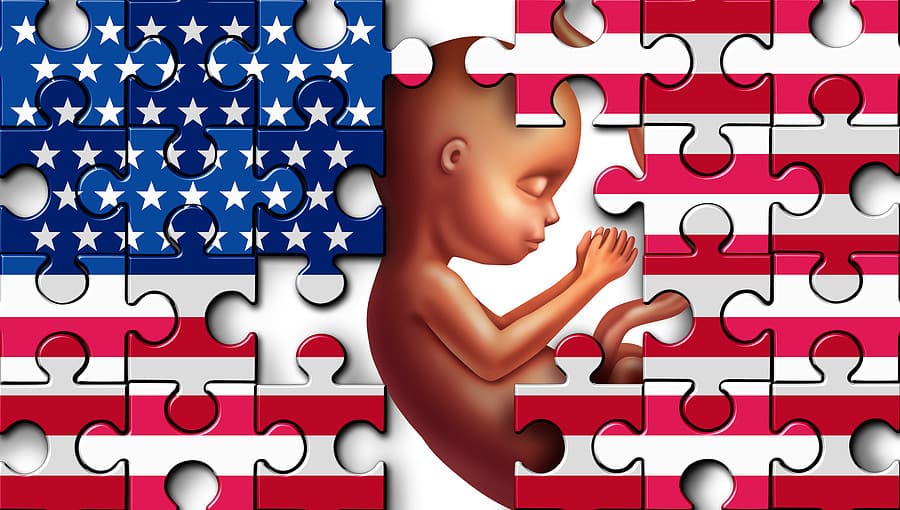One-third of job seekers will not consider working in states with abortion bans, according to a new study of 1,000 job seekers conducted this month by Resume Builder. On the flip side, though, 11% say that they will look for work only in states with abortion bans. (A further 57% have no preference.)
It’s worth pointing out, too, that a relative equal number of men and women say that state abortion bans would cause them to look for work in other states. Most respondents (70%) root their reason in a belief that abortion is a fundamental right. Meanwhile, 57% say their concern is to ensure access to abortions for themselves, while 44% do not want to economically support a state with a ban.
What’s more, 25% of respondents say they already live in a state where abortion is legal and will not relocate.
”In this current climate, people are really taking a deeper dive into whether a role is right for them, more so than pre-pandemic,” says Tara Turk-Haynes, vice president of diversity, equity, and inclusion and talent management at Leaf Group. “The bans will be another key factor for those who will be tied to an actual office rather than remote. It helps employers to get clear policies and resources soon to stay relevant in the talent market.”
The industries most likely to be affected by abortion bans are health care, education, and life sciences. People seeking jobs in these fields are more likely not to look for work in states with bans. Indeed, a whopping half of job seekers in life sciences claim they will only look for positions in states that permit abortions.
“It’s still too early to know how the bans on reproductive healthcare are going to affect recruiting and employment,” remarks recruiting leader Aaron Backman. “ It’s easy to say you’ll look for work in another state, till you dig into the details of logistics, cost, housing, transportation. There’s so much nuance. I predict we’ll see the most movement from people who have the privilege and support systems to make a huge change like that, and people who need the services may be left behind.”
Of course, the legal status abortion is rarely the only criteria by which people evaluate potential roles. Some observers have pointed out that employers can overcome challenges related to abortion bans by offering better pay and benefits. And sure enough, the survey’s results paint a mixed picture, citing:
“When asked how likely they would be to accept an ‘ideal job offer’ from a company in a state that currently bans or may soon ban abortion, 49% of respondents who are only looking in states where abortion is legal said they would be unlikely to do so.”
Better benefits, job, security, and a promotion seem to be weak incentives for pro-choice job seekers to work in a state with an abortion ban. To that end, 27% job seekers in the pro-choice camp say nothing would sway them. When considering compensation, however, things start to look different. Half of all pro-choice job seekers say that higher pay could convince them to work in a state that prohibits abortion.
“Money does talk, as long as the decision isn’t personal,” points out Mary Faulkner, a principal at IA-HR and ERE’s strategy columnist. “I wonder, though, how many of anti-abortion job seekers would take a job with high pay in a state with an abortion ban if they were in a position that would necessitate making a personal decision.”
